 This week on How on Earth, Beth finishes the interview with Miriam Kalamian, author of Keto for Cancer. This encyclopedic volume lays out the groundwork for using a ketogenic diet to treat cancer. But, as the author points out, the diet, which starves cancer cells, should be used in conjunction with other therapies. To see the book, go to https://www.chelseagreen.com/keto-for-cancer; to see Miriam’s website go to https://www.dietarytherapies.com/
This week on How on Earth, Beth finishes the interview with Miriam Kalamian, author of Keto for Cancer. This encyclopedic volume lays out the groundwork for using a ketogenic diet to treat cancer. But, as the author points out, the diet, which starves cancer cells, should be used in conjunction with other therapies. To see the book, go to https://www.chelseagreen.com/keto-for-cancer; to see Miriam’s website go to https://www.dietarytherapies.com/
Hosts: Beth Bennett & Chip Grandits
Producer: Beth Bennett
Engineer: Chip Grandits
Additional contributions: Joel Parker
Executive Producer: Beth Bennett
Listen to the show:
Podcast: Play in new window | Download (Duration: 30:30 — 27.9MB)
Subscribe: RSS






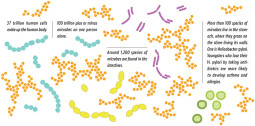
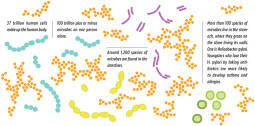 This week on How on Earth, Beth interviews Dr Martin Blaser of New York University who challenges the assumption that antibiotics are harmless drugs targeting only harmful pathogens. In his recent book, Missing Microbes, Blaser presents the evidence that antibiotics are causing the extinction of important bacteria in our microbiome. These microbes have co-evolved with us, so losing them puts us at risk of many of the rising diseases of our society: asthma, allergies, eczema and obesity. Check out his book:
This week on How on Earth, Beth interviews Dr Martin Blaser of New York University who challenges the assumption that antibiotics are harmless drugs targeting only harmful pathogens. In his recent book, Missing Microbes, Blaser presents the evidence that antibiotics are causing the extinction of important bacteria in our microbiome. These microbes have co-evolved with us, so losing them puts us at risk of many of the rising diseases of our society: asthma, allergies, eczema and obesity. Check out his book: 
 This week on How on Earth we speak with Simon Melov, a biochemist at the Buck Institute for Aging. Dr Melov studies various aspects of aging in worms, mice and humans. The aging field is replete with new and exciting discoveries and Simon’s work epitomizes that.
This week on How on Earth we speak with Simon Melov, a biochemist at the Buck Institute for Aging. Dr Melov studies various aspects of aging in worms, mice and humans. The aging field is replete with new and exciting discoveries and Simon’s work epitomizes that.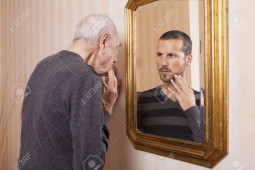
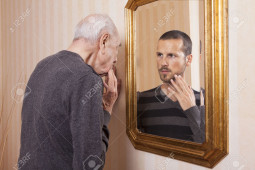


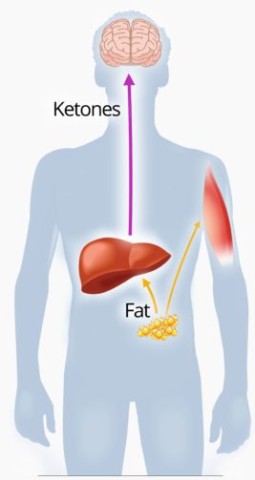
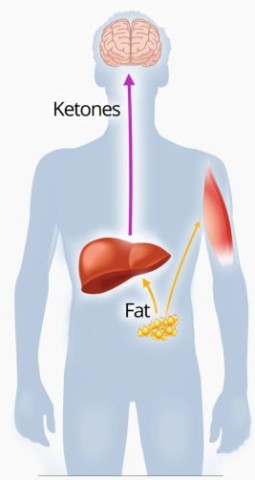 In their upcoming book,
In their upcoming book, 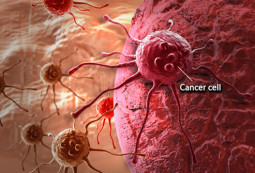
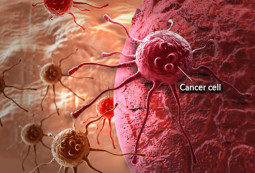
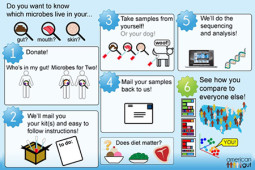
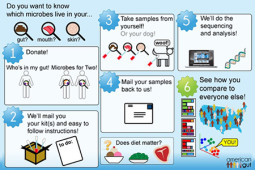 The American Gut project is the largest crowd-sourced project ever: to date, over 80.000 participants have contributed fecal, skin, or oral samples. The ambitious goal is to characterize the microbiota of as many individuals as possible to identify the diverse species living in and on us. Beth interviews Dr Embrietta Hyde, Project Manager of the Gut project about results and progess.
The American Gut project is the largest crowd-sourced project ever: to date, over 80.000 participants have contributed fecal, skin, or oral samples. The ambitious goal is to characterize the microbiota of as many individuals as possible to identify the diverse species living in and on us. Beth interviews Dr Embrietta Hyde, Project Manager of the Gut project about results and progess.